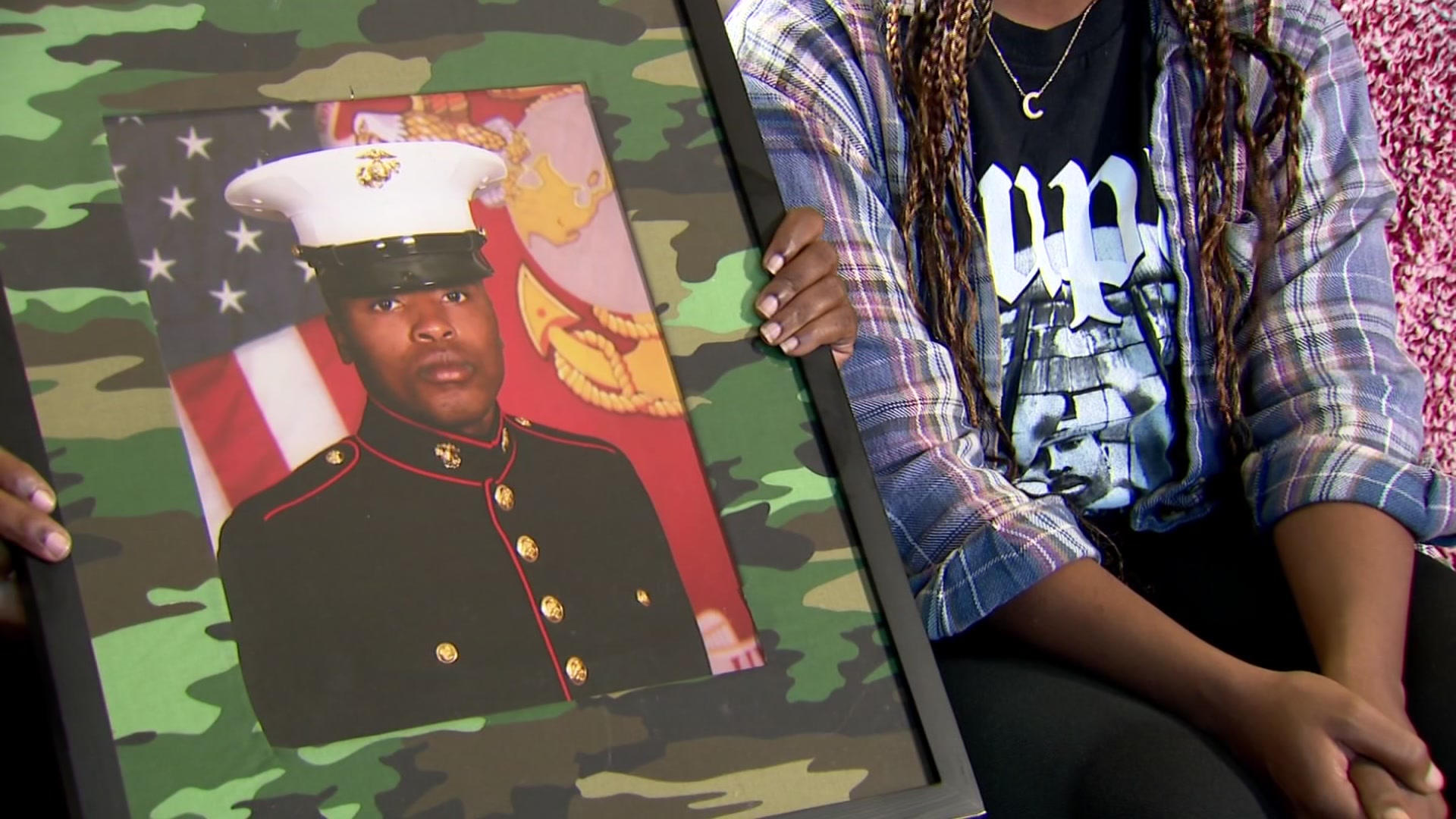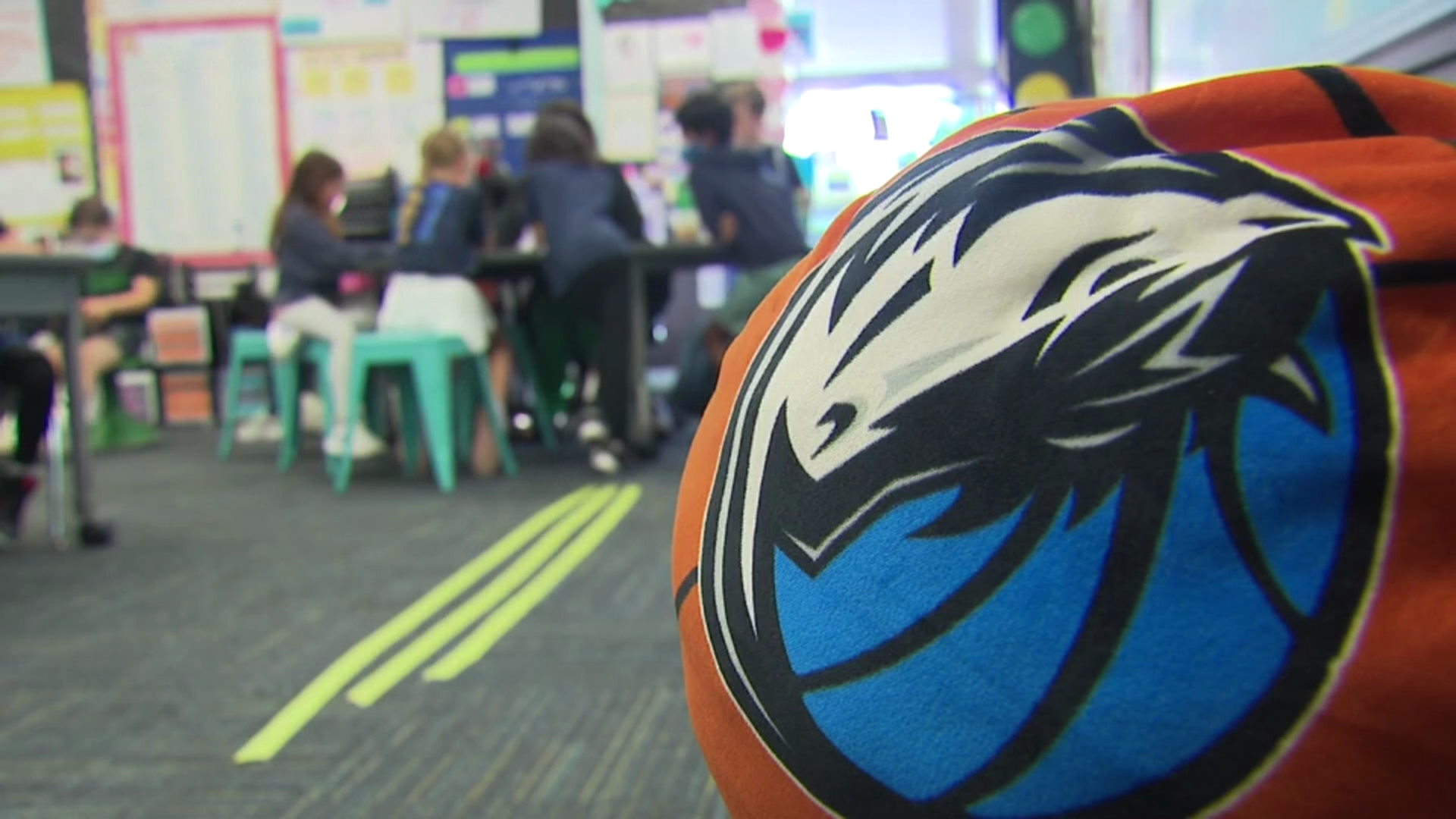Larry Canady took his family to a homeless shelter three weeks ago, no longer able to make ends meet after he and his wife were laid off from their jobs.
The family of five was already living from paycheck-to paycheck. They went from renting a four-bedroom brick home in a south Dallas suburb to sharing one room in a dormitory-like shelter.
"No one knew the economy was going to crash so hard like it did," said Larry Canady, 38, now at the nonprofit Family Gateway facility in Dallas. "It caught us off guard."
The Canady family's story is a familiar one and in no place more so than Texas. A study by the National Center on Family Homelessness released Tuesday placed Texas 50th -- last of all states -- in how homeless children fare.
The ranking considered four areas: the percentage of homeless children; their overall well-being; risk factors for homelessness, such as poverty and foreclosure rates; and what the state is doing to address the problems.
Dr. Ellen Bassuk, president of the national center that produced the report, said the child poverty level in Texas is 23 percent, compared to 18 percent nationwide.
"You're a big state, you've got a significant problem," said Bassuk, who also is an associate professor of psychiatry at Harvard Medical School. "Texas needs to respond."
Local
The latest news from around North Texas.
The report defined as homeless any child age 18 or younger living with at least one parent or caregiver in such places as emergency shelters, motels, cars, or campgrounds due to economic hardships or losing their own homes. It did not include runaways or abandoned children.
The center estimates that 1.5 million children nationwide experienced homelessness at least once in 2005-2006. The states that fared best were Connecticut, New Hampshire, Hawaii, Rhode Island and North Dakota. At the bottom were Texas, Georgia, Arkansas, New Mexico and Louisiana.
Texas has more than 337,000 homeless children -- just over 5 percent of all kids living in the state, according to the study. It noted, however, that number may have been temporarily inflated by families who lost their homes during the hurricanes Rita and Katrina in 2005.
Bassuk said that while Texas has a trust created to provide low-income housing -- something a lot of states don't have -- it has no statewide plan in place to address homeless issues.
Across the U.S., the study found that one of every 50 kids are homeless each year. The rate in Texas is probably a bit higher.
State officials and advocacy groups differ on the number of homeless children in Texas -- estimates range from 55,000 to 250,000 -- but all agree that the numbers are increasing.
Michael Gerber, Texas Department of Housing and Community Affairs' executive director, said there's no doubt more people are in poverty.
"We're really needing to think long and hard about how we integrate our social service system because homeless kids are truly the most vulnerable among us," Gerber said.
Gerber said the Texas Interagency Council for the Homeless, which coordinates the state's homeless resources and services, hopes to release a comprehensive plan to battle homelessness next month.
Ken Martin, executive director of the Texas Homeless Network, an information clearinghouse for more than 250 organizations that help the homeless, said there are signs that the problem is being taken seriously.
Still, he called the percentage of Texans without health care insurance, the lack of affordable housing and high poverty rates a "recipe for disaster."
"At the other end of the scale are people who are way over their heads in houses they can't afford," Martin said. "When they lose their jobs or have a health care crisis, they're out on the street and they take their kids with them."
For the Canady family, newly relocated to a shelter, their children, ages 13, 11, and 6, appear to be adjusting to their cramped but clean quarters and new inner-city schools.
"I can only thank God they've been OK," said Linesa Canady, 35, a former risk analyst for a bank. "They've been very understanding."
Eleven-year-old Tyra said she doesn't want people to pity or look down on her.
"Just because you live in a shelter doesn't mean you have to be treated any different," she said, explaining that she's still the same girl who dreams of being a veterinarian, pediatrician or actress someday.



